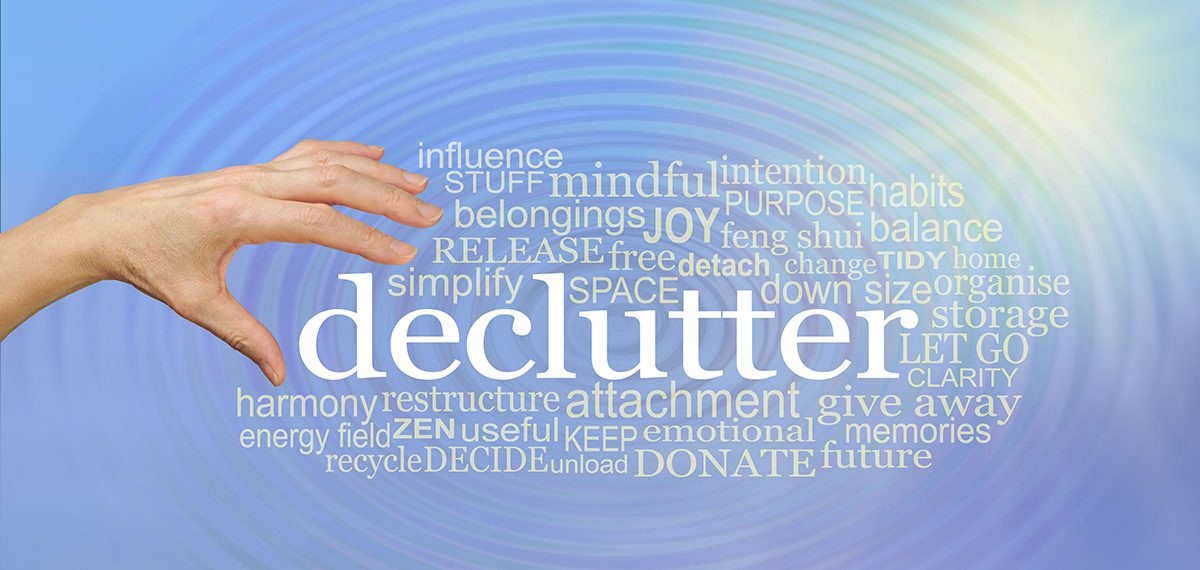
Psychologists have long recognized the connection between our environment and mental well-being. A cluttered space can lead to increased stress levels, reduced productivity, and even contribute to feelings of anxiety and depression. Dr. Sherrie Bourg Carter, psychologist and author, explains that clutter bombards our minds with excessive stimuli, making it more difficult to relax and focus on tasks.
Furthermore, clutter can evoke a sense of guilt or shame, as we often associate it with procrastination or a lack of control. This negative emotional impact can affect our overall mood and outlook on life.
Fortunately, there’s a simple yet effective solution: decluttering. By organizing our physical surroundings, we can experience a corresponding sense of clarity and calmness within ourselves. Psychologically speaking, decluttering reduces cognitive load, allowing our brains to process information more efficiently and effectively.
Moreover, decluttering can be a cathartic experience. It’s not just about tidying up; it’s about making deliberate decisions about what to keep and what to let go of. This process can empower individuals, fostering a sense of control over their environment and their lives.
While decluttering is beneficial, it’s unrealistic to part with every item that holds sentimental or occasional value. This is where self-storage facilities play a crucial role. By utilizing self-storage, individuals can:
Create Space: Store seasonal items, memorabilia, or infrequently used possessions to free up living space without sacrificing memories or utility.
Reduce Stress: Knowing that belongings are safely stored can alleviate the stress associated with a cluttered home environment.
Enhance Organization: Self-storage encourages better organization habits, as items are stored in a systematic manner, making them easier to access when needed.
To maximize the mental health benefits of self-storage, consider these tips:
Categorize Items: Sort belongings into categories (e.g., sentimental, seasonal, practical) to determine what should be stored.
Label Clearly: Clearly label boxes and containers to easily identify contents and facilitate retrieval.
Regular Review: Periodically revisit stored items to reassess their relevance and decide if they should be kept, donated, or discarded.